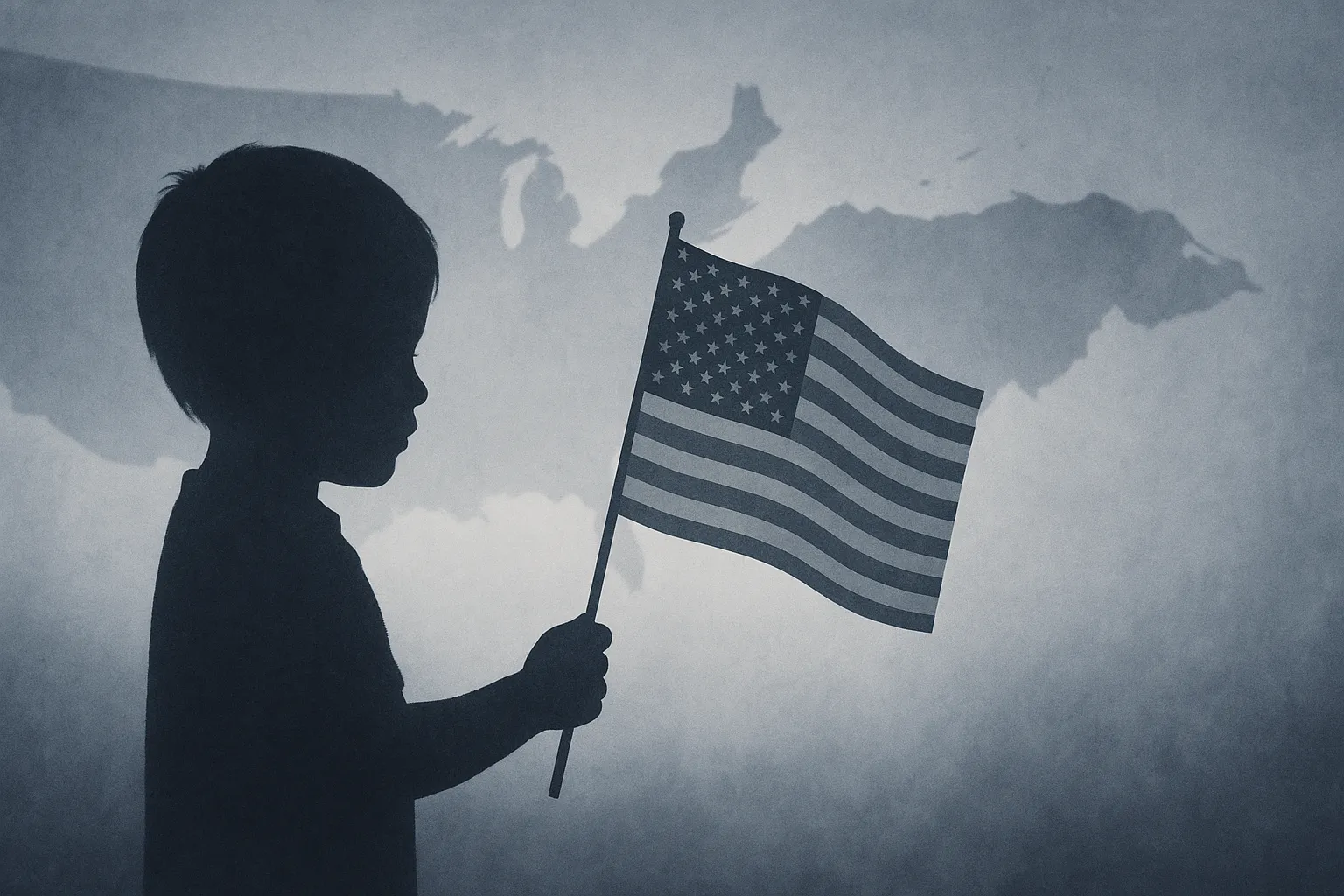Trump administration officials say that they have not deported U.S. children to Honduras, raising controversy over immigration policies and violations of legal rights. Full report inside.
Trump administration officials are against deporting U.S. citizen children, labeling removals as parental choice.
Critics of deportations label them as violating legal rights, citing a 4-year-old cancer patient removed without medical access.
ICE held families in custody during regular check-ins, enabling quick deportations to Honduras.
A federal judge ruled that deportations are “unlawful and unconstitutional” for U.S. citizens.
Legal scholars disagree on terms, maintaining government-subsidized deportations amount to forced expulsion.
Trump Administration Defends Actions, Faces Legal Backlash
The Trump government has vehemently refuted sending U.S. citizen children to Honduras. This comes despite testimony that three American kids were deported with their deported parents.
Acting Customs and Border Protection Commissioner Mark Morgan argued that the term “deportation” does not apply to citizen children, claiming mothers “chose” to take them.
Critics, however, highlight systemic violations of due process and humanitarian norms.
In one case, a 4-year-old U.S. citizen with Stage 4 cancer was flown to Honduras without medication or access to doctors. Two other children, aged 2 and 7, faced similar removals.
Attorneys stress these actions bypassed legal safeguards, as parents were detained during routine ICE check-ins in New Orleans and swiftly transferred to Honduras.
Legal Experts Condemn Semantics Over Substance
Homeland Security official Ken Cuccinelli insisted, “No U.S. citizen child has been deported,” emphasizing that removals require a judge’s order.
However, immigration attorney Charles Kuck countered, “The U.S. government paid for their tickets—these children were deported.”
Legal scholars argue the administration’s terminology obscures accountability, as ICE’s role in facilitating removals effectively forces families into untenable choices.
Federal Judge Terry A. Doughty issued a scathing order hours after the removals, calling the act “illegal and unconstitutional” for violating parental rights and due process.
How the Deportations Unfolded
- Detention during check-ins: Families attending ICE’s Intensive Supervision Appearance Program were detained without warning.
- Swift departures: Parents and children were sent to Louisiana detention centers with no means to contact their lawyers and were put onto flights bound for Honduras.
- Medical neglect: The 4-year-old cancer survivor was not given any treatment plan or related charges creating suspicion of harm.
Ethical and Legal Concerns
These cases make evident increasing concerns that immigration enforcement operates in a manner that prioritizes speed and processing over legality.
By separating citizen children from non-deportable parents, critics argue, the Trump administration violates:
- Due Process under the Fifth Amendment: Depriving citizens of liberty without constitutional due process.
- International standards: No regard for protecting children’s rights when deporting families.
- Medical ethics: Jeopardizing critically ill minors.
A Crisis of Legitimacy
The reality of the Trump administration’s removal of U.S. citizen children is challenging and fraught with tensions between political policy and humanitarian practice.
The Trump administration continues to evade responsibility by shifting blame toward parents.
Civil rights advocates and courts forewarn that these relocations are creating dangerous precedent for civil rights.
As legal challenges gain speed and notoriety, the country’s attention turns to whether anyone involved in the immigration enforcement can operate without concern for citizen’s constitutional protections.
The Trump administration denies deporting U.S. citizen children to Honduras, although several cases, including a 4-year-old cancer survivor, have raised serious legal and humanitarian concerns. Critics argue these actions violate constitutional protections, due process, and medical ethics, while courts and civil rights groups prepare for escalating legal battles.

